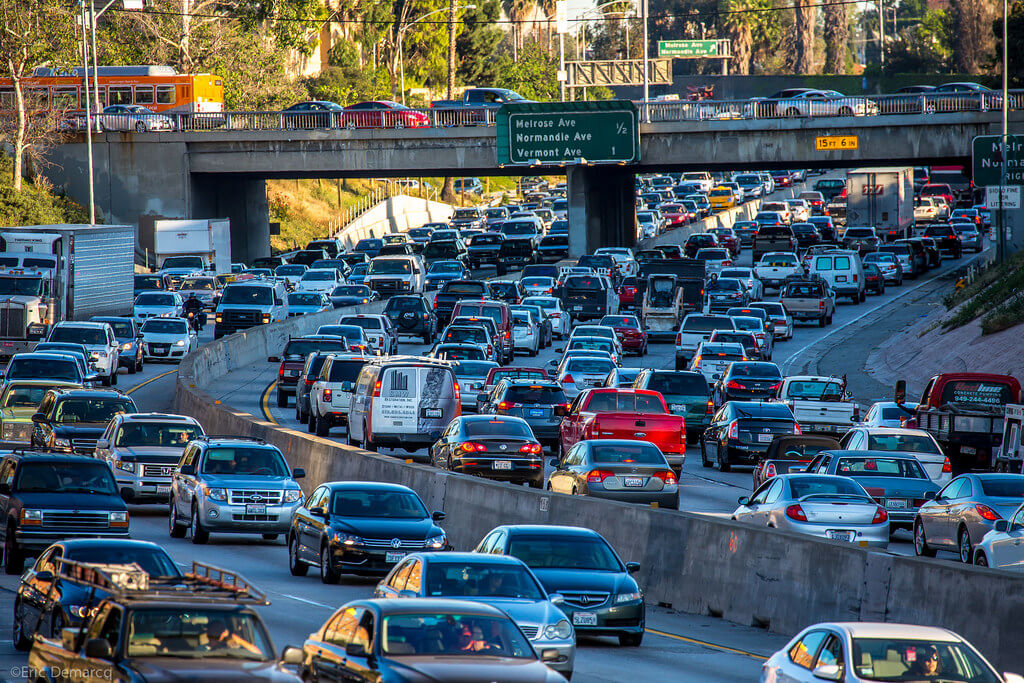
[ad_1]
Meanwhile, several voluntary initiatives from the federal government seek to encourage automakers and their suppliers to reduce emissions from manufacturing operations.
Through its Energy Star industrial program, for example, the EPA has been working with automakers to reduce emissions associated with energy use at their plants.
GM, Nissan and Honda all had manufacturing plants that earned the agency’s 2022 Energy Star certification, a designation reserved for sites in the top 25 percent of energy efficiency in their sector.
While the EPA regulates greenhouse gas emissions from vehicles, it has not “promulgated regulations directly limiting [greenhouse gas emissions] from automotive manufacturing facilities or their materials and parts suppliers,” an EPA spokesperson said.
At the Department of Energy, efforts are underway to develop technologies so automakers and companies in other industries have options as they aim to decarbonize their total footprint. That includes “technologies that reduce emissions not just from the use of the vehicle but from steel, plastics, batteries and other components used in manufacturing,” said Michael Berube, deputy assistant secretary for sustainable transportation.
“The auto industry leadership recognizes the need to decarbonize,” Berube said. “Our job is to help them get there.”
The Energy Department’s Better Buildings/Better Plants initiative and Better Climate Challenge — voluntary partnerships with specific reduction targets — are examples of working with the auto industry to meet energy efficiency and carbon reduction goals.
“There are a lot of challenges, but I feel there’s a real cooperative sense across industry and government to identify the challenges and address them together,” Berube said.
Butt, of Suppliers Partnership for the Environment and Toyota, also pointed to the industry’s collaborative relationship with the federal government as it balances manufacturing costs, product affordability and environmental concerns.
“We’re already making a tremendous impact across industry in moving in that direction without being regulated into it. … If at some point we’re not getting there, then who knows where that might end up,” he said. “But right now, we’re moving, and we’re moving at a pretty good pace.”
[ad_2]
Source link




